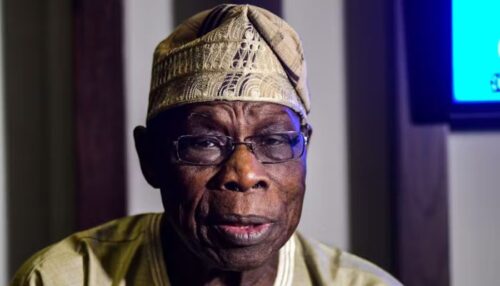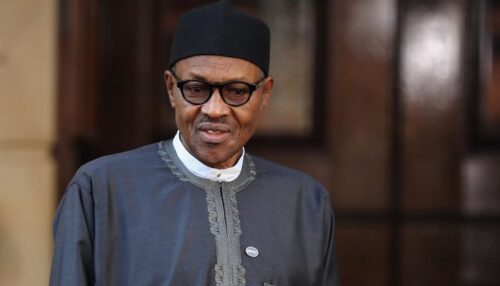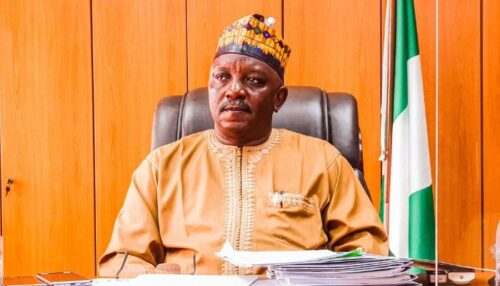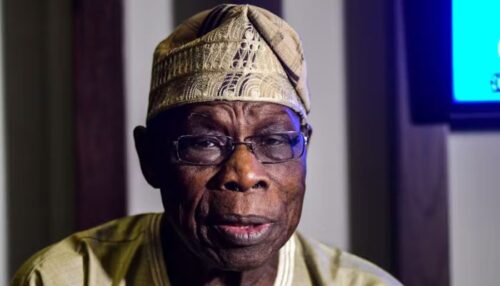The Mambilla Power Project, a landmark hydroelectric initiative in Nigeria, has been mired in controversy for more than three decades. Despite its potential to significantly boost the country’s electricity supply, the project has faced a series of legal battles, financial setbacks, and political wrangling.
At the core of this prolonged $6 billion dispute are influential figures—both locally and internationally—whose interests and actions have contributed to delays, escalating costs, and stalled progress.
Originally envisioned as a major solution to Nigeria’s power crisis, the project has instead become a battleground for accusations of corruption, bureaucratic inefficiencies, and conflicting interests. The Nigerian government is currently facing arbitration at the International Chamber of Commerce (ICC) in Paris, initiated by Sunrise Power and Transmission Company Limited, which claims a breach of contract.
Sunrise Power asserts that it was awarded a Build, Operate, and Transfer (BOT) contract worth $6 billion in 2003 under the administration of former President Olusegun Obasanjo. However, the company argues that the government later abandoned the agreement, forcing them to seek $2.3 billion in compensation for expenses incurred on consultancy and legal fees.
Key Figures in the Mambilla Power Project Saga
Olusegun Obasanjo – Former Nigerian President

The project was first awarded in 2003 during Obasanjo’s administration, but he has distanced himself from the agreement, calling it fraudulent. He insists that the contract did not receive approval from the Federal Executive Council (FEC) and that the then-Minister of Power and Steel, Olu Agunloye, acted beyond his authority.
Obasanjo maintains that no minister could approve a contract exceeding N25 million without his explicit consent, adding that had he known about Agunloye’s actions, the former minister would have been dismissed immediately.
Olu Agunloye – Former Minister of Power and Steel
Olu Agunloye, who served as power minister from 2001, refutes Obasanjo’s claims and insists that the contract was legally awarded under the BOT model. He accuses the Nigerian government of using him as a scapegoat to evade accountability for reneging on the contract.
Agunloye is currently facing charges by the Economic and Financial Crimes Commission (EFCC) for alleged corruption and irregularities in the contract award.
Michael Aondoakaa – Former Attorney General
During President Umaru Musa Yar’Adua’s tenure, Michael Aondoakaa oversaw an investigation into the validity of the 2003 contract. This inquiry ultimately led to the contract being re-awarded in 2012 under a new General Project Execution Agreement (GPEA).
Muhammadu Buhari – Former Nigerian President

In 2020, under Buhari’s administration, government officials sought to reach an out-of-court settlement with Sunrise Power. However, Buhari later denied giving his approval for the settlement, arguing that there was no merit to the company’s financial claims. He criticized the growing trend of “invisible contractors” securing large settlements from the Nigerian government without merit.
Saleh Mamman – Former Minister of Power

In an effort to resolve the dispute, Saleh Mamman reportedly agreed to a $200 million settlement in 2020. However, the EFCC has since accused him of misappropriating N33.8 billion meant for the Mambilla and Zungeru hydroelectric power projects. Investigations have revealed that substantial sums were diverted to unauthorized entities.
Leno Adesanya – Chairman, Sunrise Power
Leno Adesanya, the chairman of Sunrise Power, has been at the forefront of the arbitration process against Nigeria. The company launched legal proceedings at the ICC in 2017, seeking compensation for the government’s alleged breach of contract and failure to fulfill obligations under the original 2003 agreement.
Lateef Fagbemi – Current Attorney General and Minister of Justice

Fagbemi is currently tasked with handling Nigeria’s legal defense in the ongoing arbitration proceedings and addressing the fallout from past decisions regarding the Mambilla project.
The Legal and Financial Implications
The Mambilla Power Project remains in limbo, with billions of dollars at stake and legal entanglements showing no sign of resolution. The project’s delays have not only hindered Nigeria’s energy development but also raised concerns about governance, accountability, and contract transparency.
Experts argue that the government must find a balanced approach—resolving contractual disputes while ensuring that Nigeria’s interests are protected against opportunistic claims and undue financial liabilities.
The Road Ahead
Despite the challenges, stakeholders continue to advocate for a renewed focus on completing the Mambilla Power Project, emphasizing its critical role in addressing Nigeria’s chronic power shortages. However, with ongoing investigations, legal proceedings, and political influence at play, the project’s future remains uncertain.
If lessons are to be learned from the Mambilla saga, it would be the need for better contract management, transparency, and political will to prioritize infrastructure development over vested interests.


